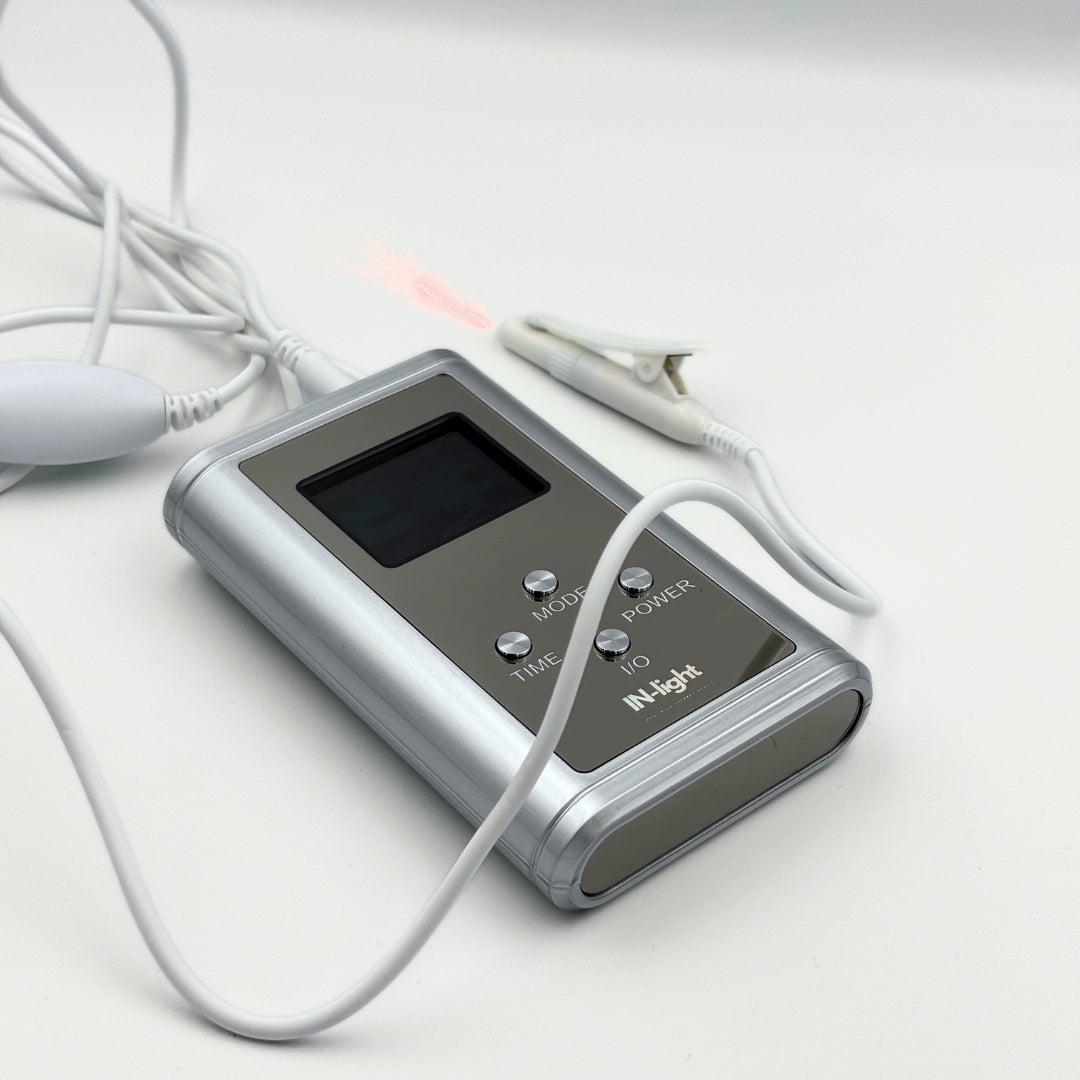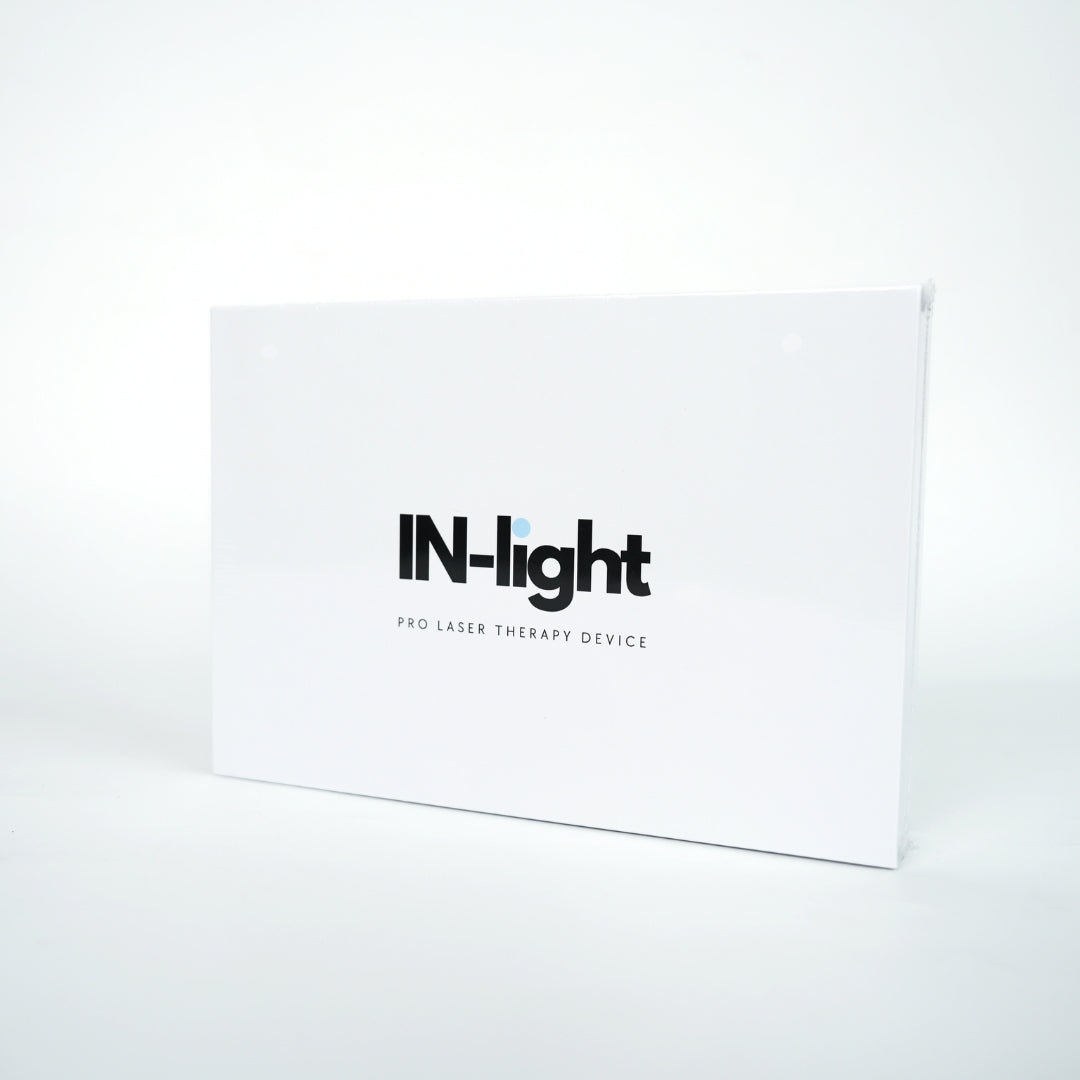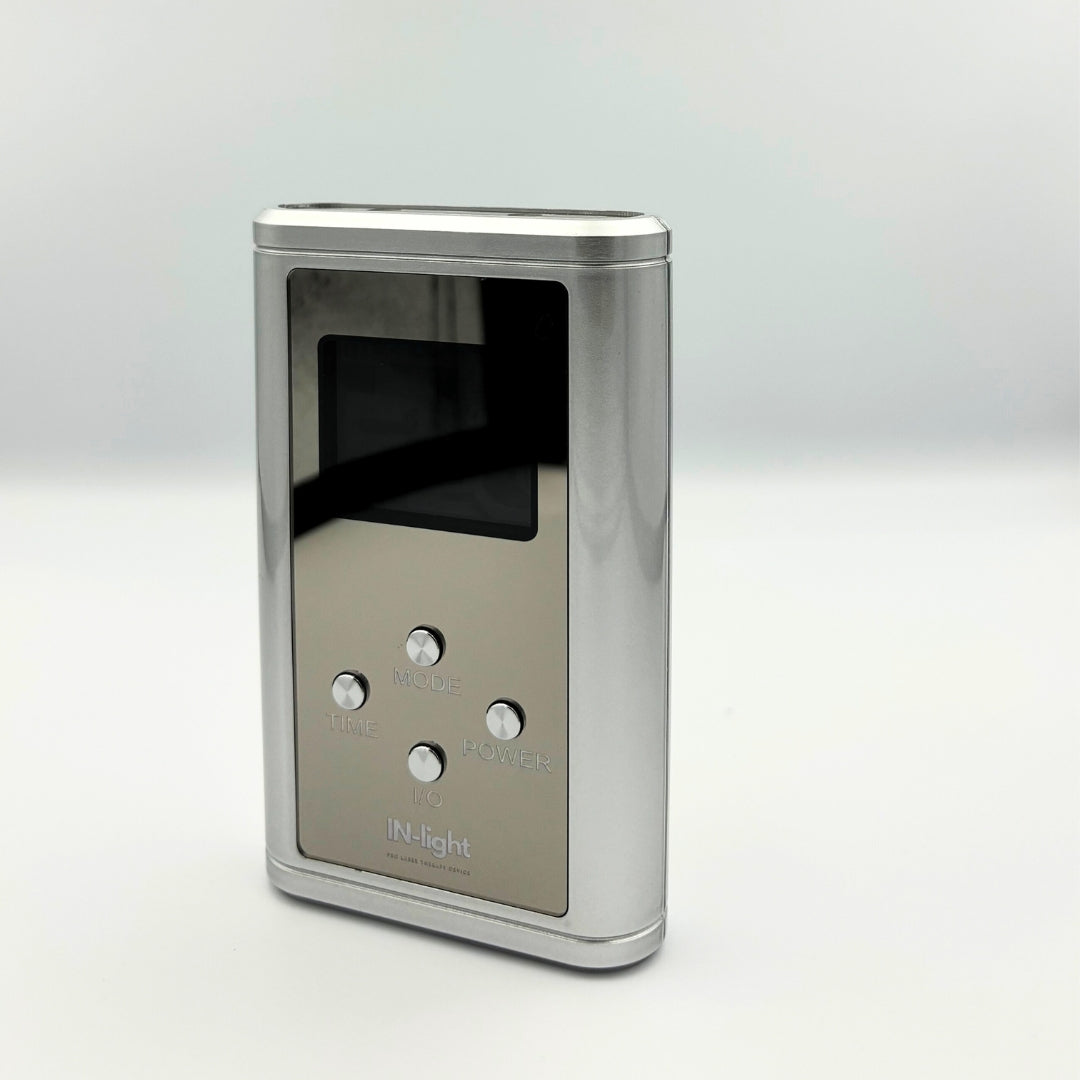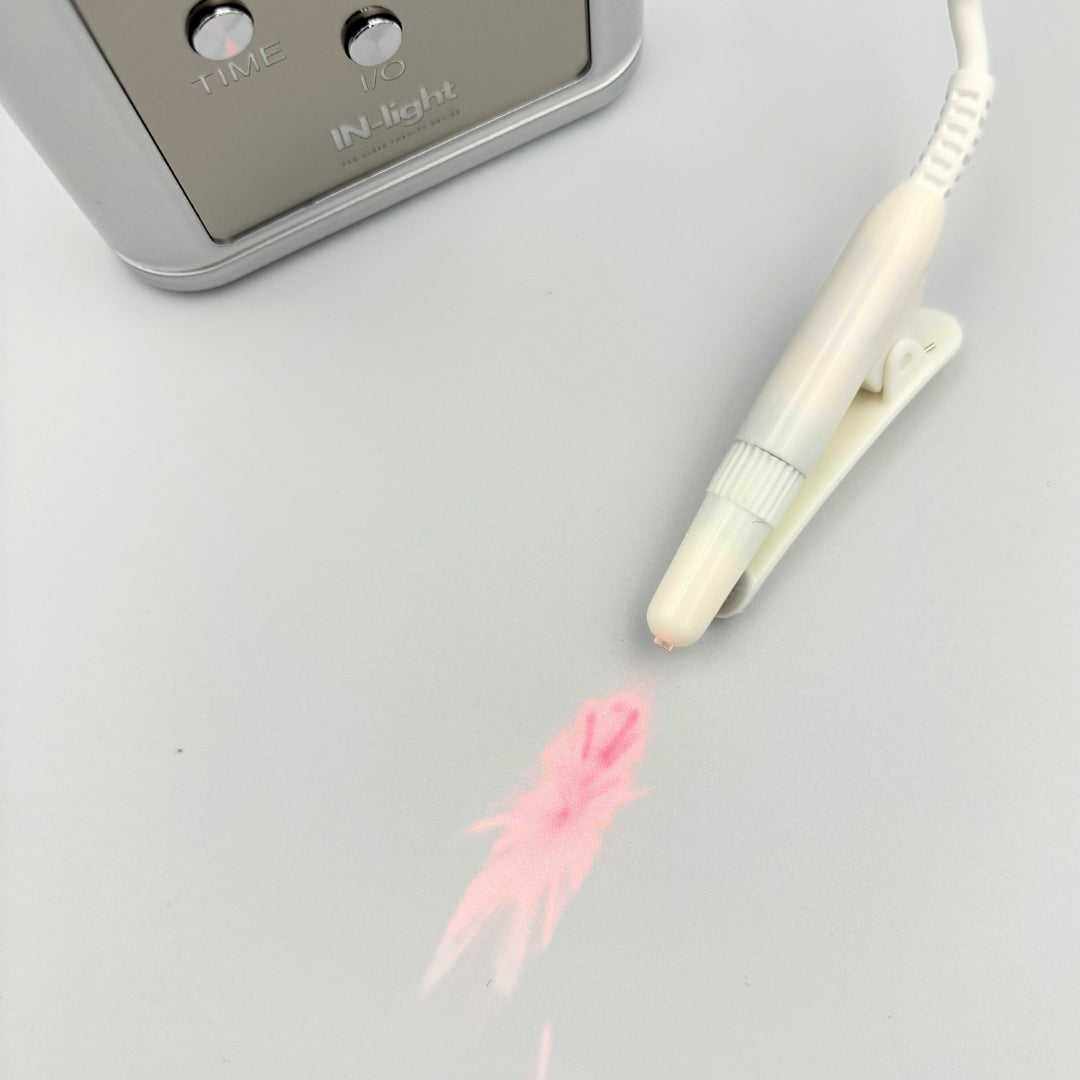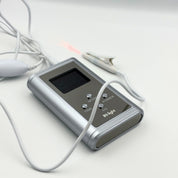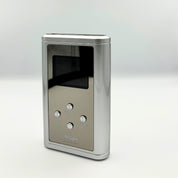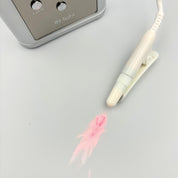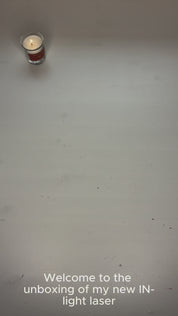Extreme fatigue? 7 tips to combat it

Extreme fatigue is something that most people experience at some point in their lives. Sometimes it can last so long that you need to find a solution. Because always feeling tired is not something that “just happens”. Here are some practical tips to combat extreme fatigue.
What causes extreme fatigue?
Extreme fatigue can have many different causes. Sometimes it has a harmless reason, such as a stressful period with unhealthy eating, but it can also have an underlying cause. These are common causes of extreme fatigue:
- Sleep deprivation or poor sleep quality
- Stress
- Unhealthy lifestyle with little exercise and poor nutrition
- Underlying health issues, such as anaemia, diabetes or long COVID
- Mental causes such as burnout, depression or emotional exhaustion
It is important to find out where this fatigue is coming from. This will help you treat it in the best way possible.
What should you do if you are extremely tired?
If you are extremely tired and this persists for a long time, it is important to find out the cause. It is also always important to listen to your body, live healthily and get plenty of rest. Below, we give you some practical tips you can follow to reduce extreme fatigue.
What to do about extreme fatigue - 7 tips
1. Get enough rest
Always listen to your body and do not force anything. Take power naps between activities or try to sleep extra long.
2. Improve your overall sleep quality
Try to stick to a regular schedule, going to bed and getting up at around the same time every day. Also, avoid screens before bed, don't drink caffeine after 4 p.m. and make sure your bedroom is dark and cool.
3. Eat well and nutritiously
Eating nutritious meals regularly is important. Choose meals with enough protein, fibre and healthy fats. This helps to stabilise your energy levels and prevents major peaks and troughs.
4. Keep moving
No matter how tired you are, a little exercise is always good. Go for a short walk or do a few light stretches. This improves your blood circulation, giving you a little more energy.
5. Pay attention to your stress levels
Stress can be very tiring, both mentally and physically. Therefore, practise relaxation techniques to prevent this. Think of meditation or yoga, but even a short walk can help.
6. Have your health checked
Visit a doctor to discuss your symptoms if they persist. A blood test, for example, can help identify the causes. A doctor can give you the best advice.
7. Use intranasal red light therapy
Intranasal red light therapy supports the mitochondria, which charges your cells. This results in you having more energy. Below you can read more about what red light therapy can do for extreme fatigue.
Does intranasal red light therapy help with fatigue?
Yes, intranasal red light therapy can certainly help with (extreme) fatigue. This red light works by stimulating the mitochondria in the cells via the nose, which activates the body's own processes and gives you more energy. This can also be useful for chronic fatigue or recovery from illnesses such as long COVID. Here is what red light can do:
- Increase energy levels by stimulating the cells (more ATP production)
- Reduce inflammation
- Improve sleep quality
- Support the nervous system and brain function
- Improve homeostasis
Treat fatigue with red light therapy from IN-light
The IN-light laser is an intranasal red light therapy device that can offer the above benefits. In addition, it can also help with a wide range of other complaints and conditions. The IN-light laser can be used anywhere, anytime. This allows you to work on your health without it taking up any extra time.

